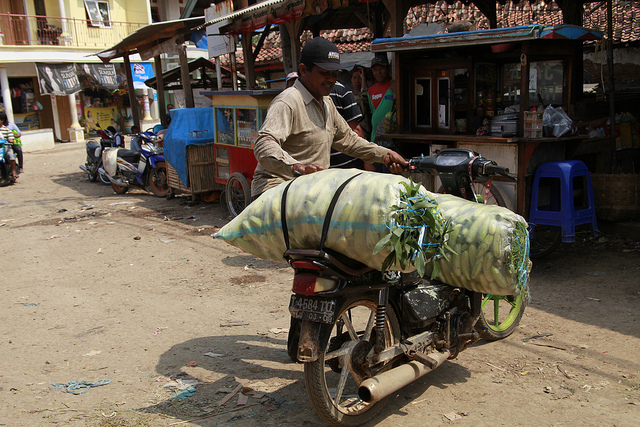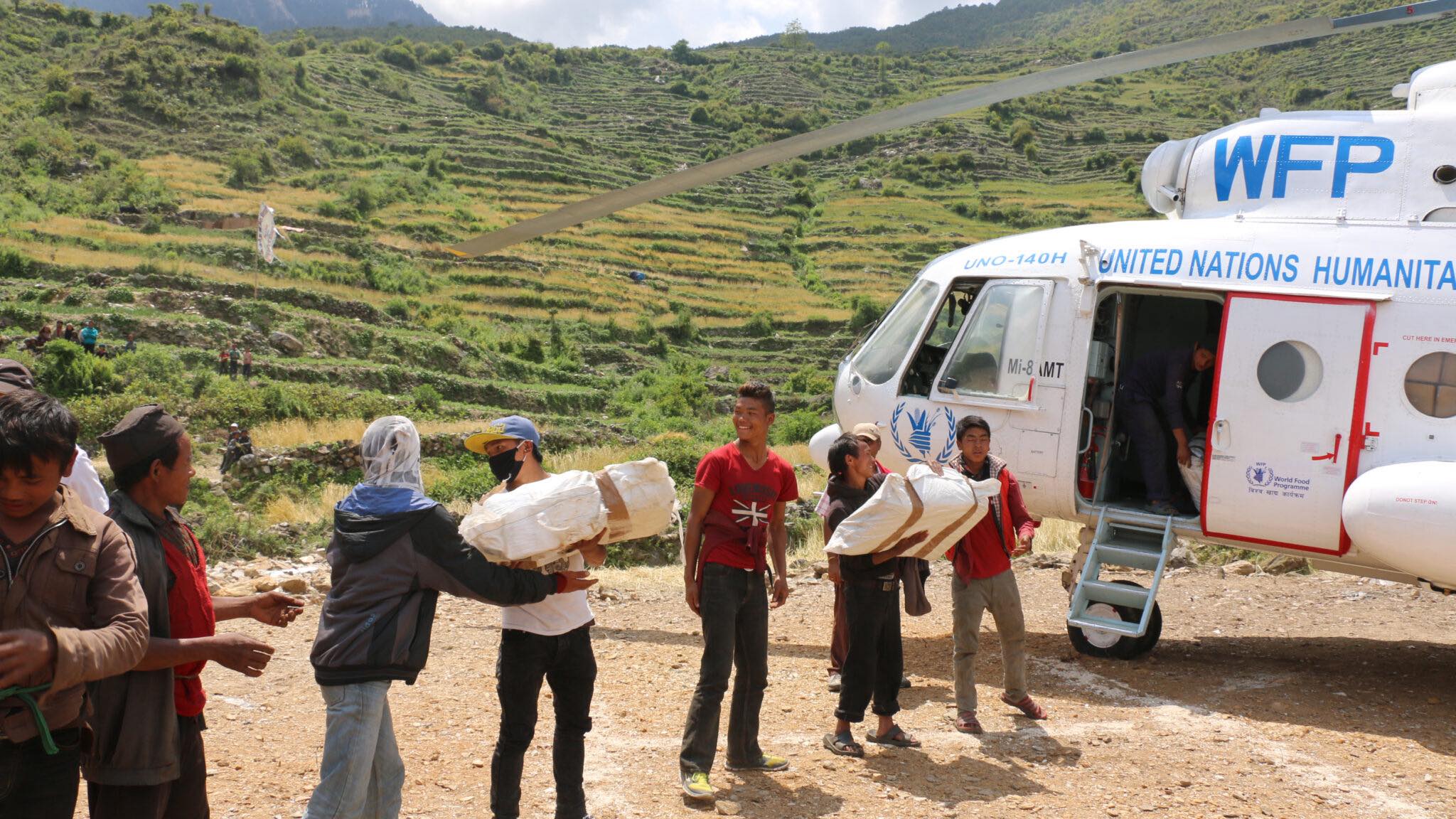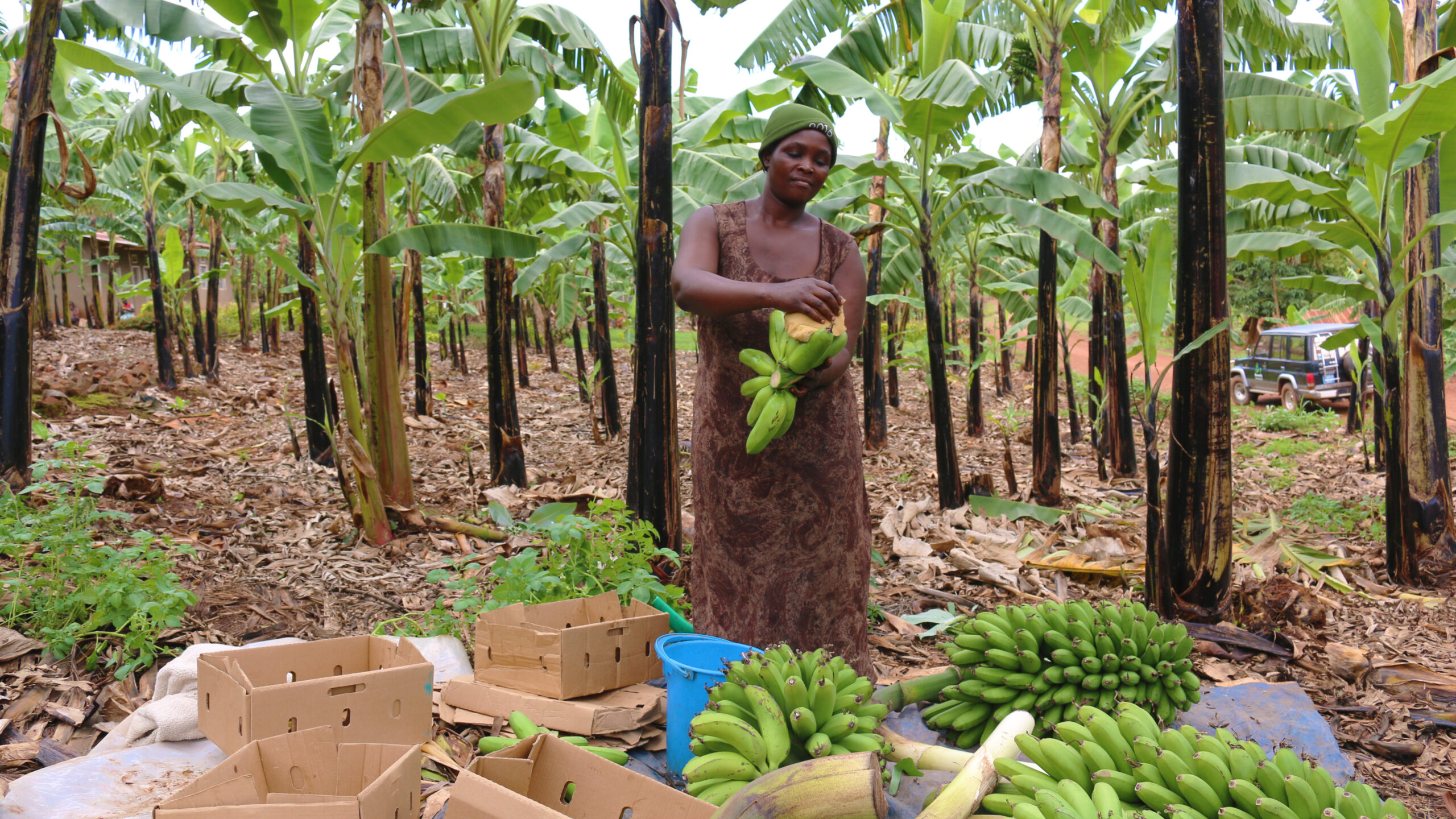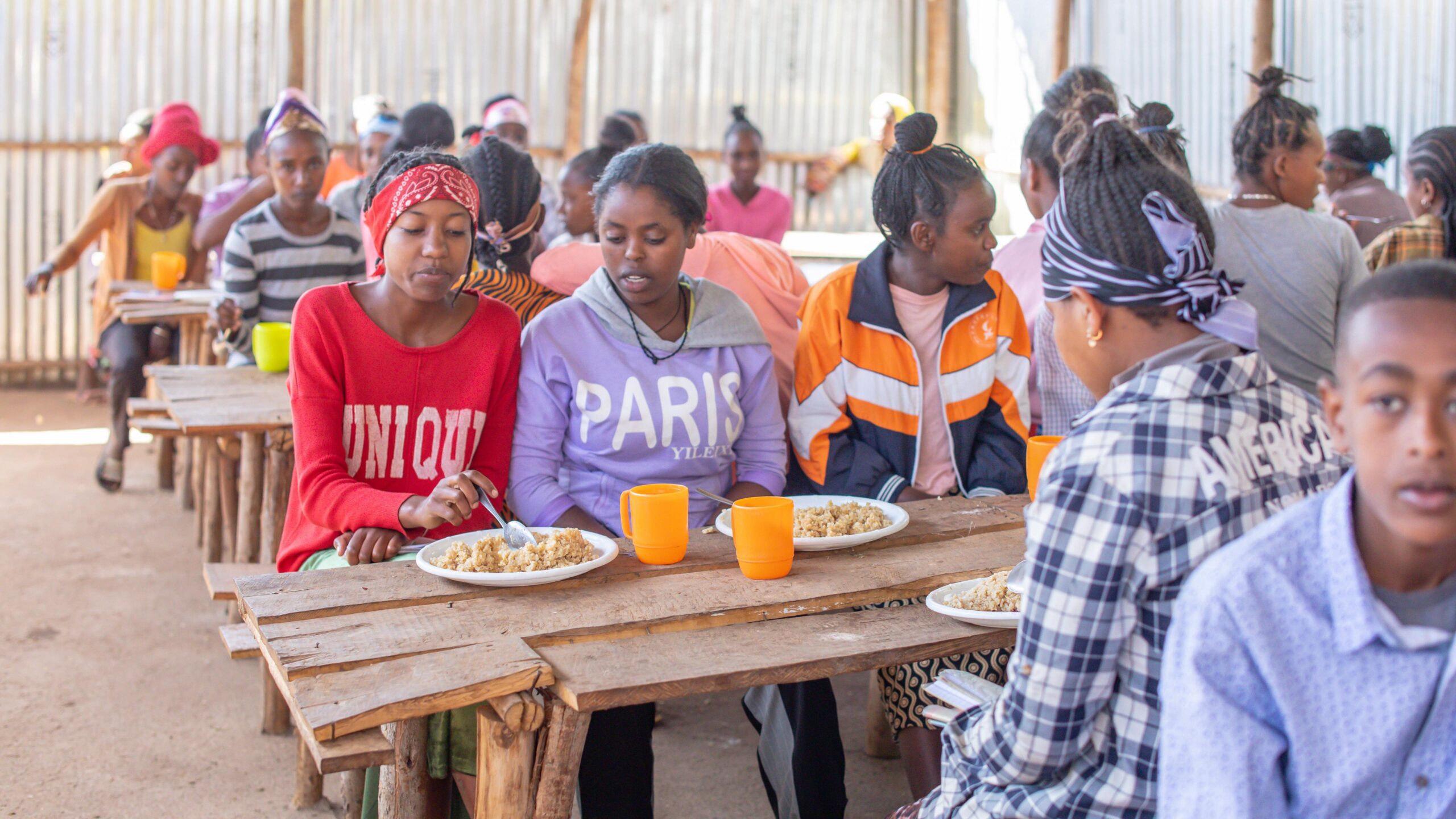IFPRI’s trade research has played a role in ongoing discussions on trade policies and rules at the World Trade Organization (WTO). Recent debates around the important issue of eliminating agricultural export subsidies—and its ultimate resolution—were informed by IFPRI’s research, including Catastrophic flood or inoffensive drizzle: Assessing the impact of countries using the existing water in export subsidies (2015), Export Subsidies and Export Credits (2014), and That Was Then But This Is Now: Multifunctionality In Industry And Agriculture (2002), which have been widely disseminated among WTO member countries. At WTO’s 10th Ministerial Conference in Nairobi last December, WTO member countries agreed that export subsidies for agriculture would be abolished.
IFPRI researchers produced robust evidence showing that if the WTO-allowed export subsidies (totaling $11 billion) were fully implemented, agricultural production in middle- and low-income countries will be displaced by about $12 billion, negatively impacting poverty reduction and food security in developing countries. The agreement reached in Nairobi, which is expected to end the distortion of market prices and prevent the possible displacement associated to export subsidies and similar measures, signals the strong global commitment to protect vulnerable populations.
The evidence IFPRI has been generating on trade issues has helped inform international negotiations and decisions, particularly to help make trade more inclusive of developing country smallholder farmers and women in agriculture. On September 27-29, 2016 in Geneva, WTO will be holding its annual Public Forum with the theme “Inclusive Trade.” At this event, more than 1,500 participants including heads of state, global businesspeople, academics, and NGO representatives are expected to discuss how a wider range of individuals and businesses can participate in the trading system and how WTO rules can help ensure everyone benefits from trade. IFPRI will be hosting a session at the forum on September 29: “International value chains in agriculture: challenges and opportunities to address gender inequalities.”
Janna de la Paz is a Program Analyst at IFPRI.
To view/download/print a PDF of this post, click here. For more Outcome Stories, see the Outcome Stories blog.







